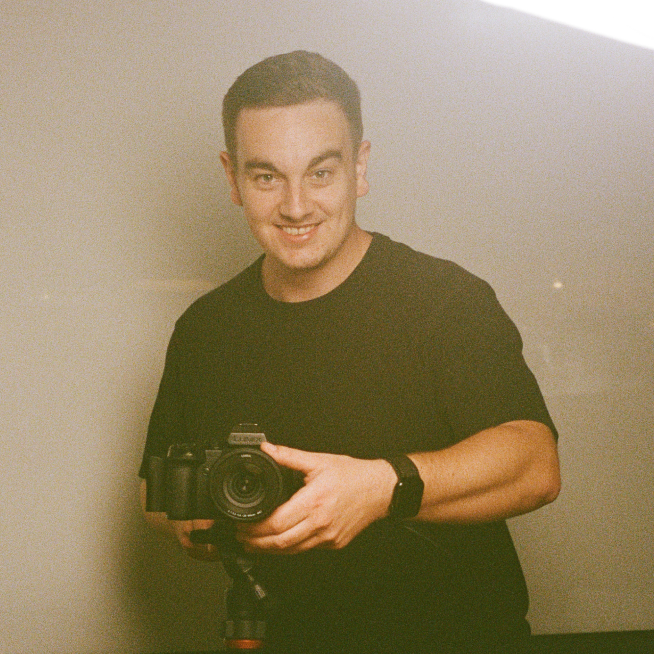I recently interviewed Rob Hope on the Indie Bites podcast, who is a South African designer, developer and host of one of my favourite podcasts out there; Yo!.
Simplicity
When I was preparing for this episode, Rob sent me 2 links to his personal site, robhope.com. I was immediately drawn to how simple it was. Simplicity is something I feel we’ve lost in out marketing and landing pages, and Rob gave a really good reason as to why he thinks that is.
“You must admit online. There's a lot of noise. In the context of building landing pages, building websites, a lot of people will try to add as much as they can. Often they don't really step back and ask themselves, is this the best thing to do?
And what I always keep reminding them is the goal is actually to convince people with as little as possible.
For instance, Slack came out and, people like, wow, I can actually eliminate email and we can maybe eliminate a whole bunch of communication channels and then filter them all through.
So there's your simplicity, but what it actually does is it sends 200 to 500 pings a day, creating more noise and you're still using emails. so with all the new tech coming out, you just need to question your existing inventory and go, Hey man, like what can I replace with this new tech?”
Landing pages
Now Rob has been collecting awesome, simple landing pages since 2008 when he started his business ‘One Page Love’, which is a curated directory of beautiful single page websites. Since then he’s been heavily involved with landing pages and most recently created this impressive thread condensing 12 years of knowledge into 100 bitesize tips.
But put simply, what does it take to create an effective landing page?
You can focus on tactics (shown in Rob’s thread) such as removing the nav bar to have one single focus, have a direct call to action instead of a generic one and introducing more space. But really it boils down to:
- What is your visitor needs to see and read to be persuaded?
- How can you communicate your value in the most compelling way possible? Put yourself in the shoes of your customer.
Freedom
We rounded off the podcast talking about having multiple projects at once and what it takes to achieve ultimate freedom.
For Rob, freedom is his metric for success. I think more of us should consider this:
“Freedom is huge for me. Yeah. It's pretty much my metric for success.”
“So what is ultimate freedom? Can you not work for 10 minutes? One hour? A whole day? One week?
My end goal is to create more freedom, where I can step away from my projects, go on a surf trip, come back and things don’t change that much. So it's about saying no to selling your time."
Should we optimise for money or freedom? What do we usually do? It caused me to take a step back and think about what I’m focusing on. I’d say this podcast is optimising for freedom, but freelancing is me focusing on money. Which one do I get more fulfilment out of? The podcast.

